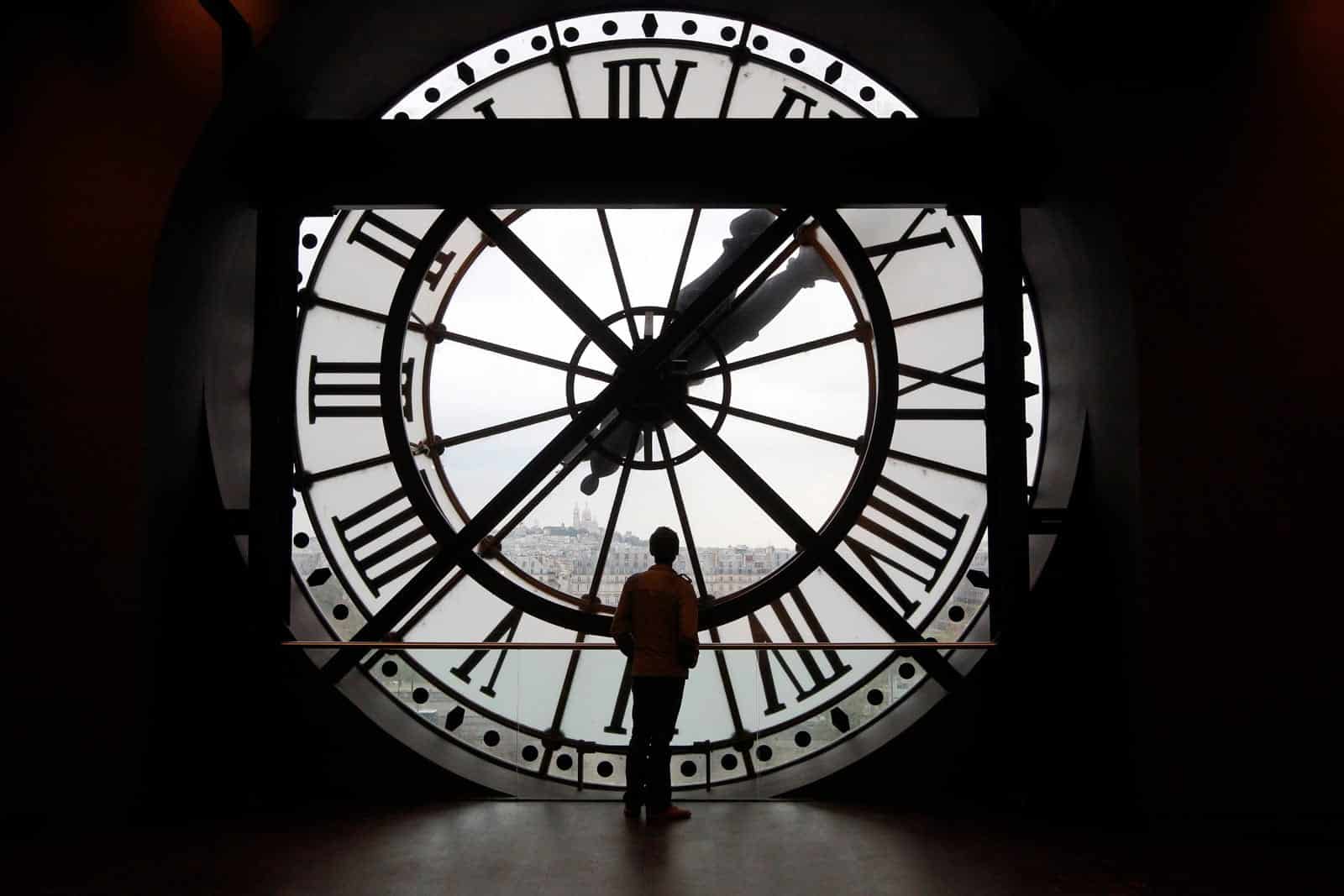And yet this individual, or rather this collection of individuals, is not to blame. Addressing only the real need to foresee events, each of them according to his era and his abilities has contributed to the development of our society. From the ancient Egyptian needing to know the right moment to sow his corn, to the sailor planning his voyages, knowing the time has become indispensible to us all.
The measurement of time consists of determining the period elapsed between two repetitions of the same event and counting the number of times that it occurs. The difficulty arises from our capacity, or otherwise, to measure the regularity of this repetition with precision. In other words, are we able to measure the period elapsed between two sunrises and, secondly, can we establish that this period is the same each time the sun appears? If so, we can take this event as a reference and use it to establish calendars, ephemerides and similar ‘horodatations’
If not, we must find a more reliable event. And to do this, what better than to observe nature: the sun, the stars, the vegetation or the climate; all these are indicators of the passing of time. With the help of technology, we now use the atoms themeslves as our best references.
However, time is not just a simple question of “counting sheep”, it is also the object of deep thought for scientists and thinkers of all kinds. And the astonishing properties we now associate with time show it to be a real gymnast: compression, distorsion, bending and extension are all characteristics that intrigue and fascinate us.
The mystery of its aptitudes remains intact and only one essential question, the basis of all reflections on time, can be answered with certainty today: “Why does time always go much faster on vacation?” Well, it’s precisely because on vacation we don’t worry about it that time goes faster!
